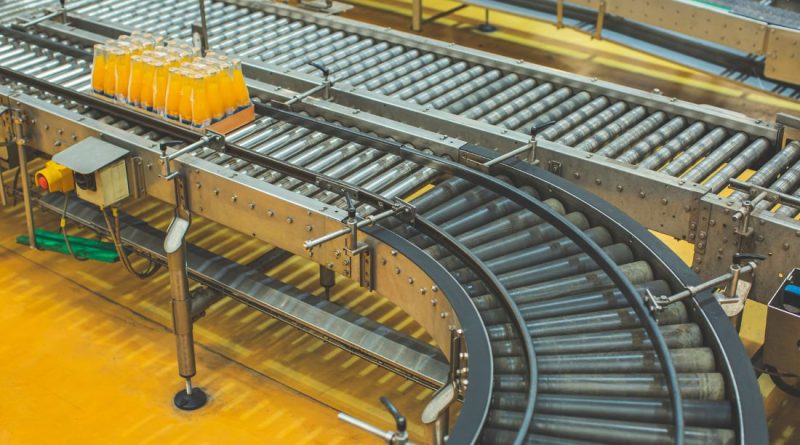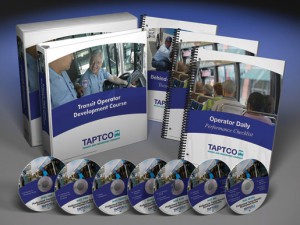Used Food Processing Conveyors: Choosing the Right Equipment
Are you considering used food processing conveyors for your operations? In the competitive world of food processing, efficiency and reliability are crucial. One key component that streamlines operations is used food processing conveyors. These systems are vital for moving products through production, packaging, and distribution stages. This guide covers everything you need to know about selecting the right used conveyors for your food processing needs.
Understanding Used Food Processing Conveyors
Food processing conveyors are specialized machines designed to transport food products efficiently. Unlike standard conveyors, these systems adhere to strict health and safety standards due to the nature of the products they handle. Compliance with industry standards such as the FDA and USDA is essential to ensure that the conveyors meet safety and sanitary requirements.
Importance of Food Processing Conveyors
Food processing conveyors ensure that food products move quickly, safely, and hygienically. They reduce contamination risks, optimize workflow, and boost productivity. Used stainless steel conveyors for food processing are especially popular in the food industry for their durability and easy cleaning.
Benefits of Choosing Used Stainless Steel Conveyors for Food Processing
Opting for used food processing conveyors can offer significant advantages:
| Benefits | Description |
| Cost Savings | Lower initial investment than new equipment. |
| Immediate Availability | Can be sourced and installed faster than new equipment. |
| Sustainability | Reduces waste and promotes recycling in the industry. |
| Key Factor | Description | Impact on Operation |
| Compliance with Standards | Adherence to FDA and USDA regulations. | Ensures food safety and legality. |
| Material & Construction | Preference for stainless steel for durability and hygiene. | Affects maintenance and longevity of the conveyor. |
| Size & Capacity | Proper dimensions and load capacity to fit production needs. | Prevents bottlenecks and space wastage. |
| Maintenance History | Records of upkeep and repairs done on the conveyor. | Indicates reliability and potential lifespan. |
| Seller Reputation | Trustworthiness and credibility of the seller. | Ensures quality and after-sale support. |
Key Factors to Consider When Choosing a Food Conveyor for Sale
When selecting used food processing conveyors, several critical factors ensure you make the right choice.
Compliance with Industry Standards
Ensure that the food conveyor for sale meets all health and safety regulations. This is vital for maintaining food safety and avoiding legal issues. Refer to standards set by the FDA and USDA to verify compliance.
Material and Construction
The conveyor’s material affects its durability. Stainless steel is often preferred in food processing for its corrosion resistance and easy maintenance. Ensure the conveyor’s construction fits your processing environment. For instance, conveyors exposed to moisture should have sealed components to prevent rust.
Size and Capacity
Check the size and load capacity of the conveyor to ensure it fits your production line. A small conveyor can cause bottlenecks, while a large one may waste space. Using tools like a capacity calculator can help determine the right specifications for your needs.
Maintenance and Repair History
Inquire about the conveyor’s maintenance and repair history. Well-maintained equipment performs better and lasts longer. Personal experiences from industry professionals often suggest that conveyors with regular maintenance records tend to have fewer operational issues.
Seller Reputation
Choose reputable sellers who specialize in food processing equipment. Look for customer reviews and testimonials to assess their reliability. Platforms like LinkedIn can provide insights into seller reputations through industry connections.
Types of Used Food Processing Conveyors and Their Applications
Different types of used food processing conveyors serve specific purposes. Understanding these can help you choose the right type.
Belt Conveyors
Belt conveyors are common in food processing. They consist of a continuous belt that moves products along a track, ideal for bulk items, packaged goods, and fragile products.
Applications of Belt Conveyors
- Baking: Moving bread and pastries from ovens to cooling areas.
- Packaging: Transporting packaged products to shipping areas.
Roller Conveyors
Roller conveyors use a series of rollers to move products. They are effective for heavy items and can be gravity-fed or powered.
Applications of Roller Conveyors
- Distribution Centers: Efficiently moving boxes and pallets.
- Assembly Lines: Facilitating material flow during assembly.
Modular Conveyors
Modular conveyors consist of interlocking components that can be easily reconfigured for different uses. Their versatility makes them popular in dynamic processing environments.
Applications of Modular Conveyors
- Sorting Systems: Custom setups for sorting various products.
- Flexible Production Lines: Adapting to changing production needs.
Screw Conveyors
Screw conveyors use a rotating helical screw to move materials, especially bulk items like grains and powders.
Applications of Screw Conveyors
- Food Processing: Transporting dry ingredients like flour or sugar.
- Waste Management: Moving byproducts to disposal areas.
Evaluating Condition and Performance of Used Equipment
Assessing the condition and performance of used food processing conveyors is essential for making a wise investment.
Visual Inspection
Conduct a thorough visual inspection of the conveyor. Look for signs of wear, rust, or damage, especially on the belt, motor, and overall structure.
Testing the Equipment
If possible, test the conveyor in action. Observe its operation to ensure it meets your speed and capacity requirements, which helps assess its reliability.
Reviewing Maintenance Records
Request maintenance records from the seller. Regular upkeep indicates that the equipment has been cared for, improving longevity and performance.
Consulting Experts
Consider consulting with an equipment expert or engineer for insights into the conveyor’s condition and suitability for your application. Their expertise can help you avoid costly mistakes.
Cost vs. Value: Is Buying Used Worth It?
While purchasing used food processing conveyors can save money, weigh the cost against the potential value.
Initial Cost Savings
Used conveyors are typically cheaper than new ones, freeing up funds for other investments. However, avoid compromising on quality for savings.
Long-Term Value
Consider the long-term value of the equipment. A higher-quality used conveyor may cost more initially but save money on repairs and replacements later.
Return on Investment (ROI)
Evaluate the potential ROI of the used conveyor. Will it enhance production efficiency? Will it reduce labor costs? Calculate if the investment pays off over time.
Warranty and Support
Some sellers provide warranties or support for used equipment, adding significant value and peace of mind against unforeseen issues.
Where to Find Reliable Sources for Used Food Processing Conveyors
Finding reliable sources for purchasing a food conveyor for sale can be challenging, but several avenues exist.
Online Marketplaces
Websites like eBay, MachineryTrader, and specialized food processing equipment sites list used conveyors. Verify the seller’s reputation and read reviews before buying.
Auctions
Industrial auctions are excellent for finding used equipment at competitive prices. Check local listings or online auction sites specializing in industrial equipment.
Equipment Dealers
Many dealers focus on used food processing equipment. They often provide warranties and can help you find the right conveyor. Look for reputable dealers in the industry.
Trade Shows and Expos
Attending food processing trade shows and expos can help you connect with sellers and see equipment in action. This is a great way to network and find reliable sources.
Industry Forums and Groups
Engaging with industry forums and groups on platforms like LinkedIn can help you connect with professionals who may have leads on used food processing conveyors.
Investing in used food processing conveyors can be a smart choice for businesses aiming to enhance efficiency and lower costs. By understanding the types of conveyors, evaluating their condition, and considering key factors during your purchase, you can select the right equipment for your food processing needs. Weigh the cost against long-term value and explore various sources to find reliable options. With the right conveyors, you can streamline operations and boost your bottom line.

